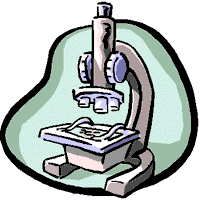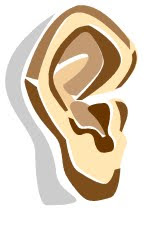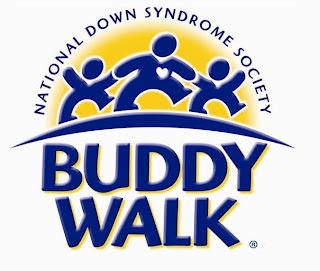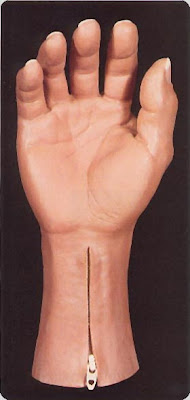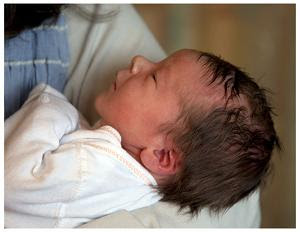
We are including the latest listings on the Assistive Technology Exchange website. There are many items listed for sale or free, as well as items that are needed. These items are not located at any one place or warehouse. These are all items that are currently owned by someone else who is willing to sell at a reduced price or even for free in some cases.
If you have questions about items listed below, you must log on to the AT Exchange.
There you will find the contact information for these items.
You must login (or create a new account if you are a new user) to see the sellers contact information.
If you have already logged in (or at least tried to) and still have questions please email Catherine Leigh Graham of call her at 803-434-3189.
Note: If you can’t get Catherine, email Janet Jendron or call her at (803) 446-2566.
Items AvailableComputers and related9 Pin Printer
Keyboard
Keyboard
Mouse
Mouse
Modem
Printer
Computer Speaker
Printer
9 Pin Printer
Monitor/Modem in one
Modem
Modem
Mouse
Mouse
Speakers
Fax Machine
Keyboard
Computer Monitor
Intelligence Unit
Scanner
Daily Livingvarious tracheotomy supplies
Keyboard
Large Urinary Drainage bag
Freedom External Catheter 35 mm #8400
LIFT
Skin Prep Protective Wipes
Stomahesive Strips
Feeding Pump
Cath adapter tips
Winsford Feeder
Nutrene Jr. Formula
Boys Shoes For AFO's
Commode/Shower Chair
Jevity 1cal
Environmental Adaptations10 Foot and 12 Foot folding ramps
Vitaeris 320 Hyperbaric Chamber
Ceiling Track Lift
Therapy Cooler
MobilitySquiggles Early Sitting System
Child wheelchair
Convaid Upright Wheelchairs - EZ Rider
Essential Walker
Swan R82 Toilet Seat
(2) 8 x 1 1/4 tires & (3) tubes
(2) J2 backrests - 13" wide
PRC 24 x 1 3/8 wheelchair tube
Left Arm Brace
Right hand splint
Neck Brace
Car Seat Travellers Plus (older kid)
Potty Chair
Bruno SRE 2000 Stair Lift
2 Aluminum Canes
Invacare Walker
ACCESSIBLE 2000 FORD E 150 VAN
Columbia Car Seat
Power Wheelchair
Power Wheelchair
Bath Chair
Invacare Walker model 6271
Invacare Walker model 6270
Reduced Gap Half-Length Bed Rail - Invacare
Model B330AL Joerns low height electric bed
Model B675 electric bed
Hoveround MPV4 Scooter
Pride LX 12 Power Wheelchair
Therapeutic Wheelchair Cushion
Therapy Air Mattress APM2
Youth Caregiver Operated Wheelchair
Child's Corner Chair
Small Gait Trainer Reduced
High Low Chair Reduced
Patient Lift Device
Power wheelchair
Power wheelchair
Power Wheelchair
Jazzy Pride 1121 Power Wheelchair
Jazzy Power Chair
Power Patient Lifter
Reclining Shower Chair
Craftmatic 1 Bed
Pride Jet 2 HD(Heavy Duty) Scooter
Merits P182 Powerchair
Stander
OtherNebulizer
Halo Helmet
RecreationQuickie Trike Handcycle
Tape Player w/ switch plate
Pool Lift
Rifton Adaptive Tricycle
Swing Seat
Speech CommunicationAssistive Tech Speech Communicator
Speech Communication Device
Vehicle Modification and TransportationElectric wheelchair lift for transport.
Handicap Van
Van with lift
tilt-a-rack
2000 Chevy Venture with w/c lift
Wheelchair Accessible MiniVan
Harmar Wheelchair Lift
Wheelchair lift
Dodge 2500 W/C Accessible Van
Items being SoughtComputers and relatedUsed computer.
used computer
Daily LivingHeavy duty shower chair & toileting adaptive aid
CCTV Video Magnifier
Dehumidifier
Geriatric Recliner
Emergency System
CPAP with humidifier
Recumbent Bike
Sure Hands Ceiling Hoist
E&J Shower Wheel Chair
Environmental AdaptationsPortable Wheelchair Ramp for Van
Portable Wheelchair Ramp
HearingHearing Aid and Eyeglasses
LearningSwitches
Big Mack Switch
Mobilityfeeding chair
potty chair
Bath Lift - Battery Operated
gait trainer for child
Lightweight 16x16 wheelchair
Walker
Clinitron Bed
Standing Frame
Lift Chair
Standing Frame
Used Manual Wheelchair
Electric Adjustable Bed(not hospital)
Personal Lift
Lift Chair
RecreationHand cycles & adapted tricycle
Kayak
Speech CommunicationStep by Step Communicator
AAC Device
Communication Device
Easy Talk16
Vehicle Modification and TransportationVehicle
Van Wheelchair Ramp
Side Door Van Handicap Lift
Hi Top Handicap Van
Power Rear Vehicle Mounted Scooter Lift
Powerchair Transport Accessories
Exterior Power Chair Lift with a Hitch
Exterior Power Chair Lift with a Hitch
To view the SC Exchange website, click the link in this post's title. The Wall Street Journal (Feb. 23) - ""Who do you think made the first stone spear?" asks Temple Grandin. "That wasn't the yakkity yaks sitting around the campfire. It was some Asperger sitting in the back of a cave figuring out how to chip rocks into spearheads. Without some autistic traits you wouldn't even have a recording device to record this conversation on."
The Wall Street Journal (Feb. 23) - ""Who do you think made the first stone spear?" asks Temple Grandin. "That wasn't the yakkity yaks sitting around the campfire. It was some Asperger sitting in the back of a cave figuring out how to chip rocks into spearheads. Without some autistic traits you wouldn't even have a recording device to record this conversation on."


